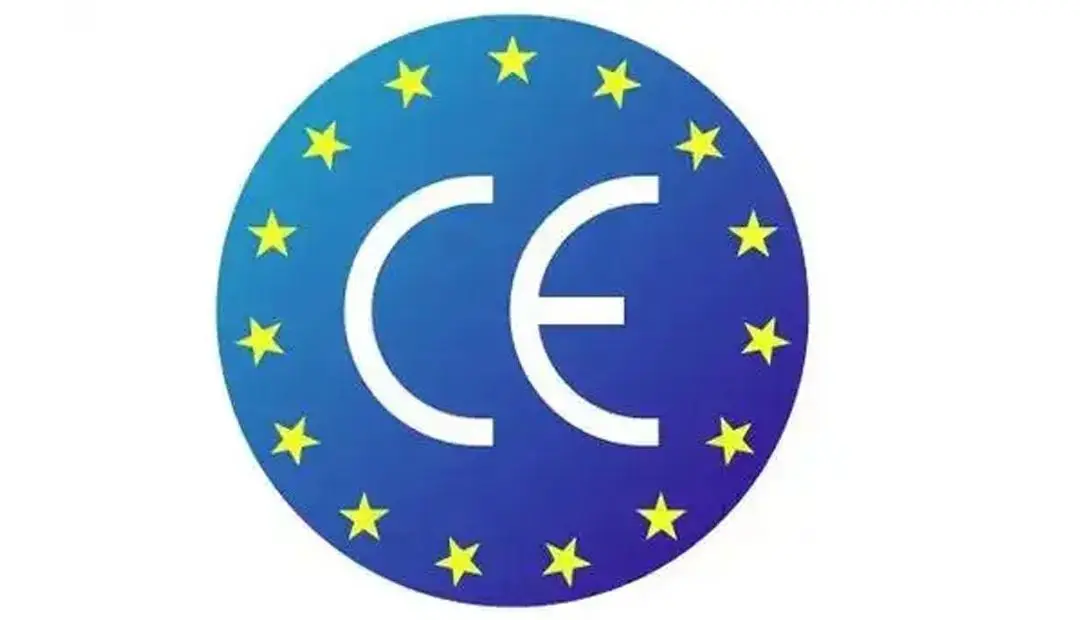
Providing European Authorized Representative Services
In the past year, many foreign trade enterprises have inquiRED: What is an eu authorized representative (EU AR)? What does an EU AR do? Why do EU customers require overseas exporters to provide EU AR information? This article will explain these questions one by one.
According to the new EU product safety regULation, the Market Surveillance Regulation (EU) 2019/1020, since July 16, 2021 (local time), most products bearing the ce mark must have an EU Responsible Person within the EU territory (excluding the UK) as the contact for product compliance. E-commerce sellers in EU countries have also received emails from Amazon, requiring sellers of CE-marked products to upload EU AR information on time; otherwise, the products may face customs clearance issues, product pages may not display, and non-compliant products could be delisted.

What is an EU AR?
The EU AR, full name european authorized representative, is a natural person or legal entity explicitly designated by manufacturers located outside the European EconoMIC Area (EEA, including the EU and EFTA). This person or entity represents the non-EEA manufacturer to fulfill specific duties required by relevant EU directives and laws.
The representative must meet one of the following conditions:
1) The manufacturer is located within the EU;
2) An importer (when the manufacturer is outside the EU);
3) An authorized representative established within the EU (authorized in writing by the manufacturer to act on their behalf, providing authorization to market surveillance authorities when requested);
4) Service providers of the product, such as e-commerce platforms.
Which products require an EU AR?
Firstly, let's look at the scope covered by the EU Authorized Representative. According to EU legislation, products such as electronics and electrical equipment, medical devices, general consumer goods, and construction materials must indicate the EC REP (EU AR) information on product packaging and instructions.
What are the consequences of not having an EU AR?
1. Selling CE-marked products on Amazon Europe without an EU AR is considered illegal. Amazon conducts periodic inspections and will penalize non-compliant products.
Recently, some sellers have been maliciously reported by competitors, leading to product removal and causing unnecessary trouble and loss. Therefore, compliant sellers need to ensure compliance early.
2. When non-EU exporters encounter any issues during customs clearance, the EU AR assists in communicating with customs. Customs generally requires communication with the exporter’s EU AR. If any issues arise during product sales in the EU, the EU AR helps resolve them. Hence, the EU AR bears certain risks, and the higher the risk of the exported product, the greater the risk borne by the EU AR.
3. EU customers require non-EU exporters to provide EU AR information partly to guarantee product quality and exporter credibility, and partly to facilitate subsequent communication.
What are the responsibilities of an EU AR?
1) Ensure products comply with all applicable EU regulatory requirements and maintain the Declaration of Conformity (DOC) and technical documentation;
2) Provide all relevant product information in a language understood by the regulatory authorities upon request;
3) Proactively report any potential product risks to regulatory authorities;
4) Cooperate with regulatory authorities to implement corrective actions for non-compliant products.
The EU Market Surveillance Regulation (EU) 2019/1020 mainly affects e-commerce platforms. When a non-EU manufacturer sells products to the EU through e-commerce platforms without a designated importer or EU representative, the service provider will assume the responsibility of the product owner. Therefore, after the regulation’s release, Amazon notified all non-EU manufacturers to strongly recommend appointing their own EU Authorized Representative.
Email:hello@jjrlab.com
Write your message here and send it to us
 How Do You Get a CE Mark
How Do You Get a CE Mark
 IEC 60529 IP Rating Ingress Protection Standard
IEC 60529 IP Rating Ingress Protection Standard
 IEC 60601-1 Medical Electrical Equipment Basic Saf
IEC 60601-1 Medical Electrical Equipment Basic Saf
 European Authorized Representative Medical Devices
European Authorized Representative Medical Devices
 EU Waste Electrical and Electronic Equipment Direc
EU Waste Electrical and Electronic Equipment Direc
 How to Get CE Approval
How to Get CE Approval
 Accelerated Ageing Test
Accelerated Ageing Test
 IP Ingress Protection Testing
IP Ingress Protection Testing
Leave us a message
24-hour online customer service at any time to respond, so that you worry!




